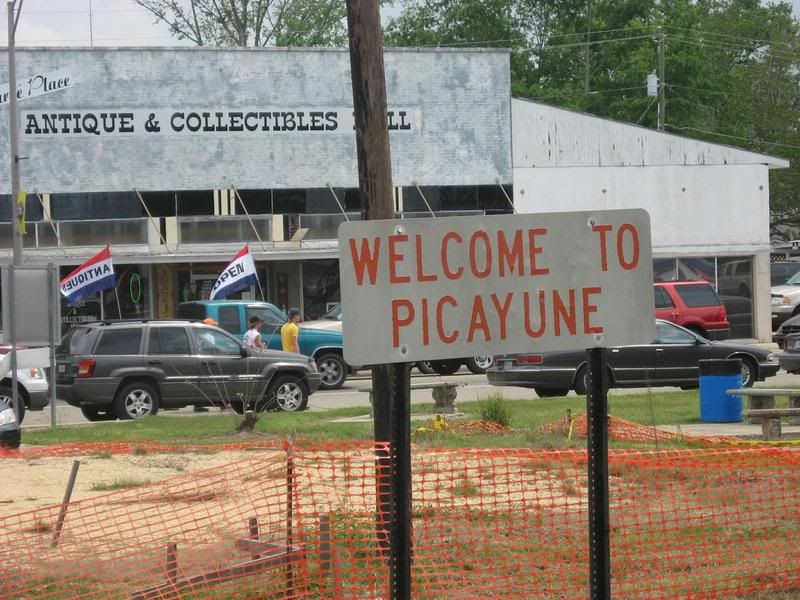The basilisk belongs in the annals of cryptozoology. It is strange progeny -- a yolkless egg of rooster hatched by a toad. The result is a snake-like creature that destroys most things in its path using its hateful breath, killer gaze and burning stench.

The first descriptions seem to have appeared in Pliny the Elder's Natuarlis Historia, in about 77 AD, where it is listed as a small but deadly snake. Over time the legend grew to include a tale of a knight who managed to kill the serpent from atop his horse but the poison was so strong that it climbed the lance, killed the knight and then killed the horse. In fact, it is possible the stories of St. George are related to this fable.
Strangely, the only creature able to stalk and kill the basilisk and live to tell the tale is the weasel. Perhaps the storytellers were inspired by the mongoose and his ability to fell a cobra (the cobra and basalisk's descriptions are remarkably similar -- "he creepeth not winding and crawling by as other serpents doe, with one part of the bodie driving the other forward, but goeth upright and aloft from the ground with the one halfe part of his bodie"). It also is allergic to the crow of a rooster and cannot look at itself in the mirror.

The corpse of the basilisk became associated with alchemy. Presbyter insisted it could be used in the creation of gold from copper. Others claimed it could turn silver into gold.
The basilisk is a popular entry in most bestiaries, including that of Leonardo da Vinci's. It appeared in the Bible (Isaiah 14:29), Chaucer's Canterbury Tales, Shakespeare's Richard III, The Beggar's Opera, Voltaire's The Zadig, and Shelley's Ode to Naples.
The most modern iteration of the beast appears in JK Rowling's Harry Potter and the Chamber of Secrets.
Its name has also been adopted by science. Basilicus is a genus referring to South American lizards. It is also the guardian creature of Basel, Switzerland.




